Torrential rain, ravenous leeches, rainforest bramble, and the all-pervasive bean! Raine Zulueta, an undergraduate student at the University of California Berkeley, shares his field experience working with the field team in Ranomafana, Madagascar.
Time would pass in the car, and it felt as though I had gained a heightened sense of patience as I took notice of the passage of time. After around 15 hours, complete with dark winding roads up the mountainside, we would eventually arrive. Our legs numb and figuratively full of static, we turned in for two nights to relax before our very first day in the field. This was only the beginning of this two-month journey, and I was more than excited to take my first steps into the rainforest.
Time would pass, and by mid-July I had reached a rhythm and routine that felt like second nature. I would scurry down to the dining table, consisting of local wooden planks fastened with homely leather straps and cordage, beginning to devour my breakfast typically composed of either meat or eggs, rice, and beans At around 7:00 in the morning, we would begin to hike to the research site up the mountain, to begin our search for one of the three lemur species within the project: Eulemur rufifrons, Eulemur rubriventer, and Varecia variegata editorum. My responsibility within the project revolved around tracking and taking note of their behavior every five minutes. With my Rite-in-the-Rain handy, I would utilize different codes that would act as shorthand to describe what the lemurs were doing. For example, sleeping was shortened to “SL”, feeding to “F”, and even defecating and drinking water to “D” and “DW” respectively. To help gain experience in the different species, I would be placed onto one of the three different teams every week or so. This entailed mass amounts of learning through the experience itself, which I particularly enjoyed. It was fascinating to take note of the different temperaments and personalities that each species sustained, in addition to the behavioral patterns that would naturally arise. One of my fondest memories in the field happened during an Eulemur rubriventer follow. As you can likely assume, it rains quite a lot in the rainforest, and truthfully I expected the same if not more before arriving to Ranomafana National Park. But on this particular day, I had seen rain in a way I had never seen it before. It was truly torrential, hefty droplets of water plummeting at speeds and in sheer volumes unbeknownst to me as a Californian. We were bounding up the mountain, slashing through the rainforest foliage while chasing a red-bellied lemur as it sprung from canopy to canopy. Seemingly increasing in speed, the male lemur swiftly scaled the mountainside, the slashing of brush audibly constant, almost rhythmic. Crossing through ephemeral rivers, waterfalls, slippery rocks and more, we eventually reached the mountain’s peak. Upon our arrival we were greeted by a sight I hold dearly to my heart, what I think made this lemur follow so special: a lone E. rubriventer female sitting in the middle of a clearing, looking up at the canopy and rainfall misting her visage, almost in admiration. While the rain completely soaked all of our belongings, my backpack and rain coat dripping to the touch, I found solace in the cooling relief that it delivered as I found my body fatigued from the scramble up the mountain. This is but one of many memories created, stories encountered, and experiences lived, throughout this field season.
My association with field work, yet alone tropical fieldwork, could be expressed as a blank slate. Lemur research in the tropical rainforests of Madagascar is not where I saw myself five years ago, but I am genuinely more than grateful to have ended up where I did. As niche as this entire summer was, I firmly believe that this trip helped me find myself on levels deeper than I could ever imagine, all while learning what it means to conduct research and contribute to crucial conservation efforts.
|
We're using this space to share updates on our adventures in the field. Archives
May 2024
Categories
All
|

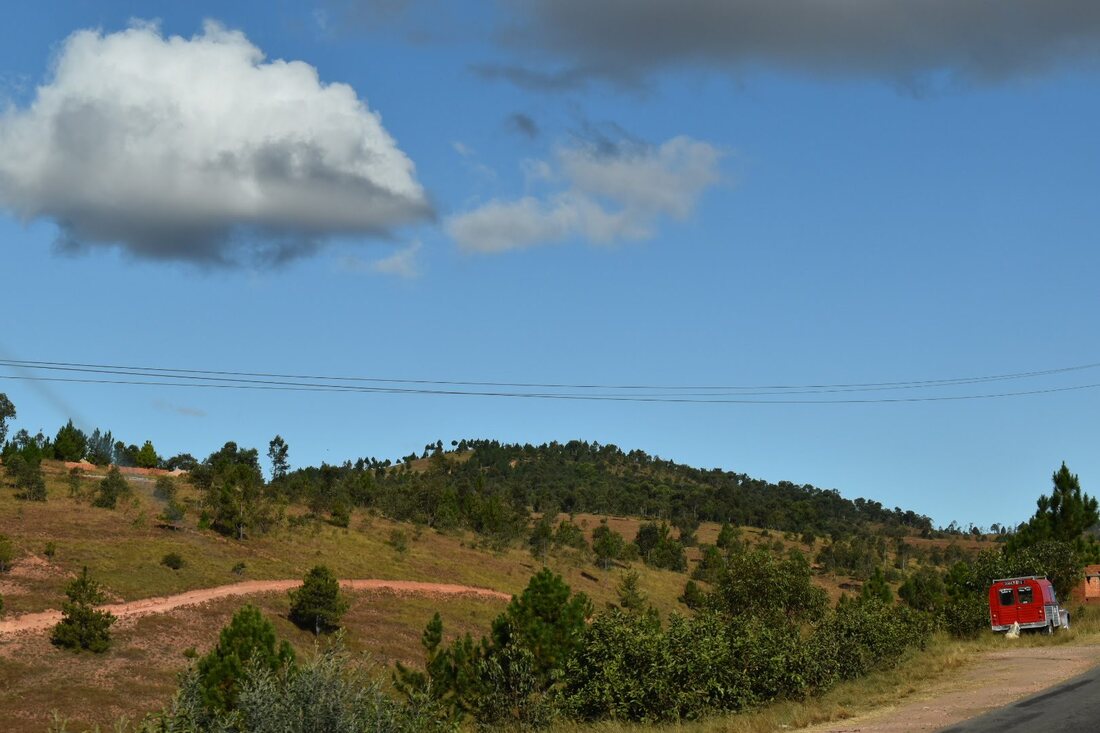
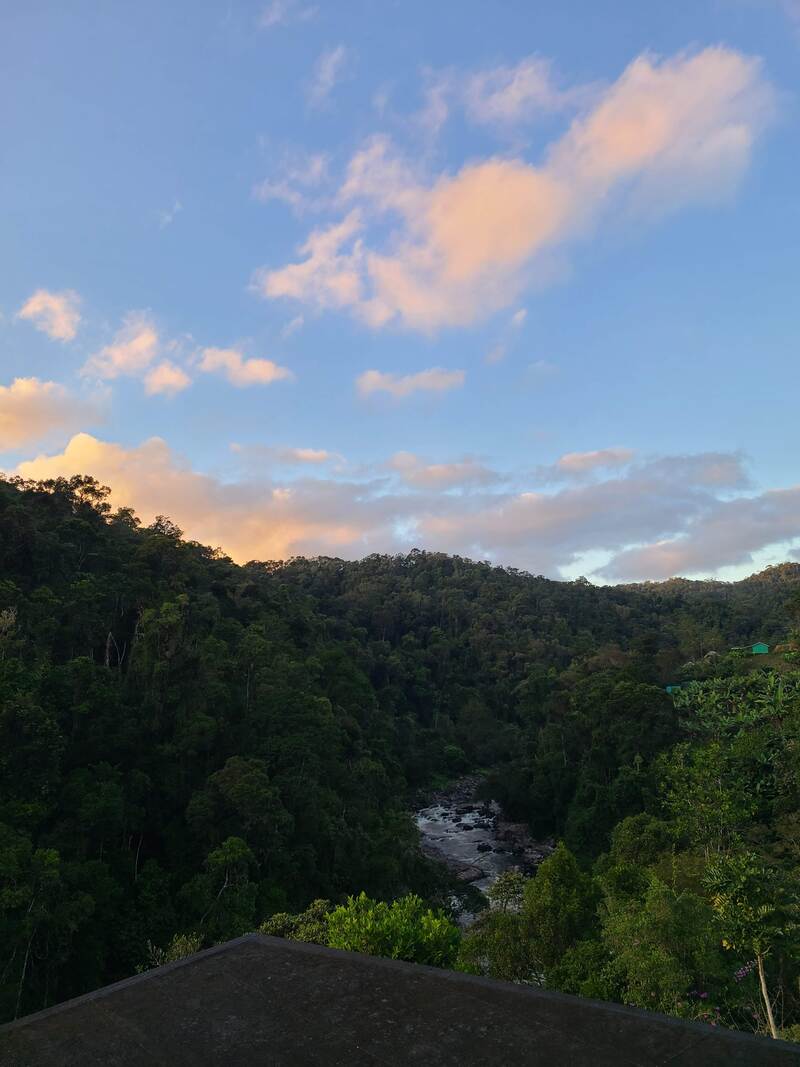
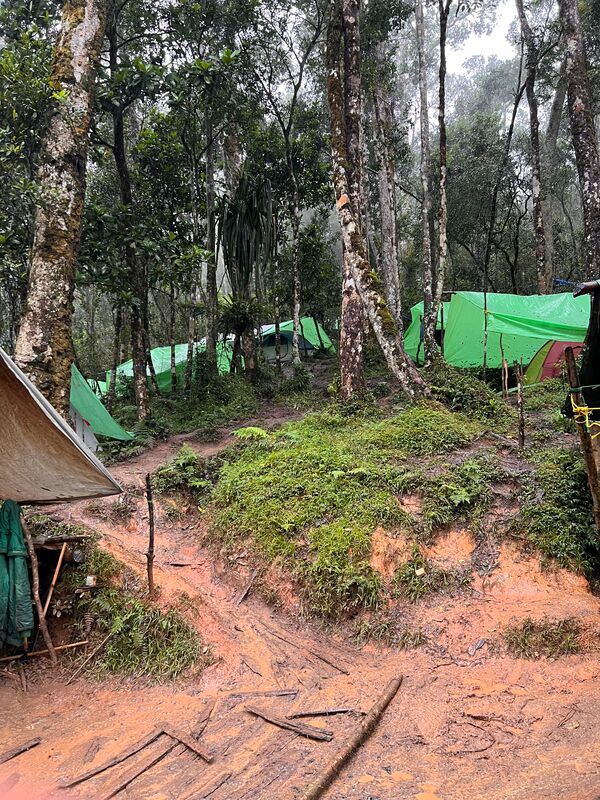
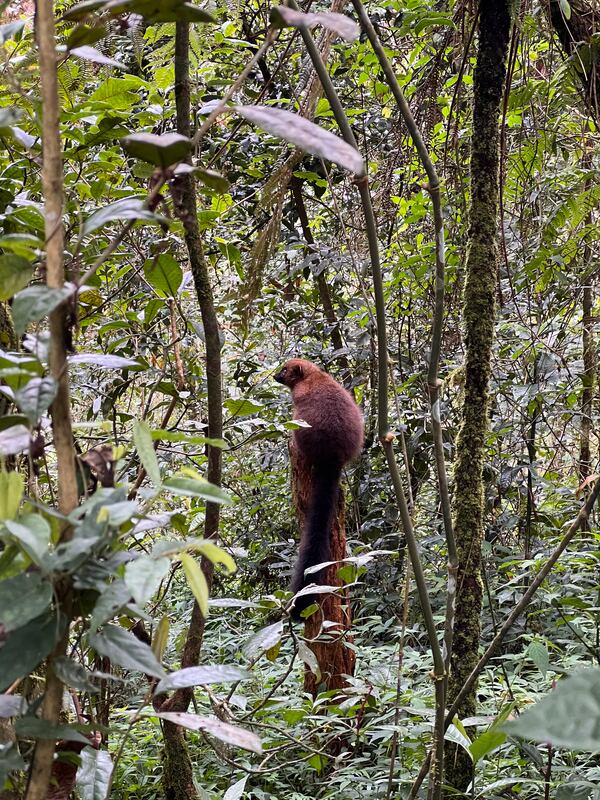
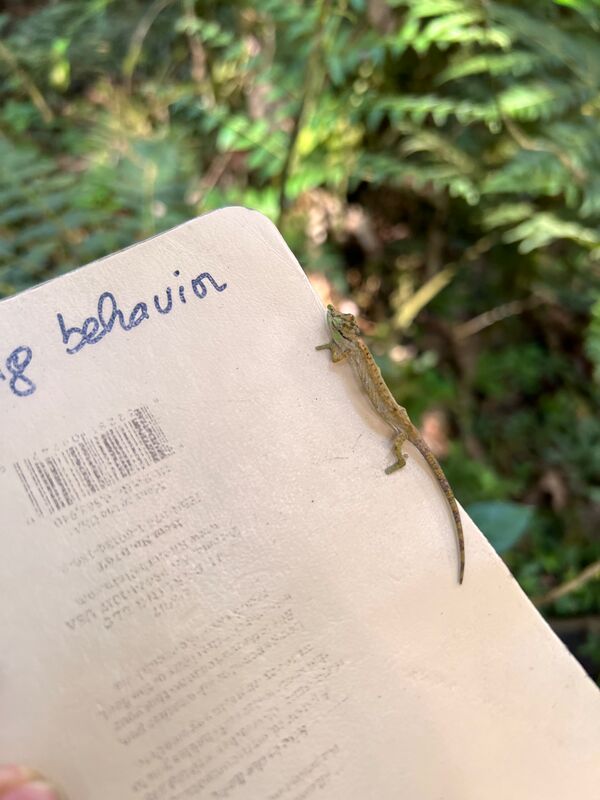
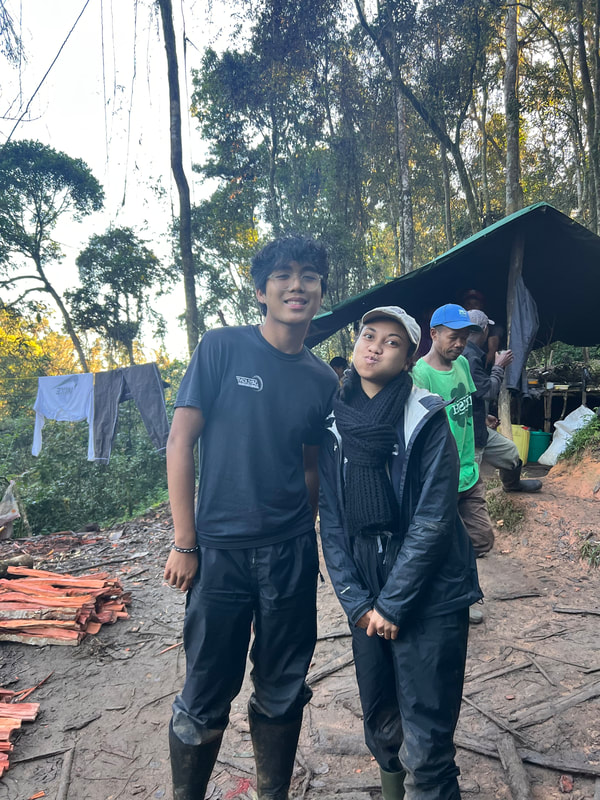
 RSS Feed
RSS Feed
